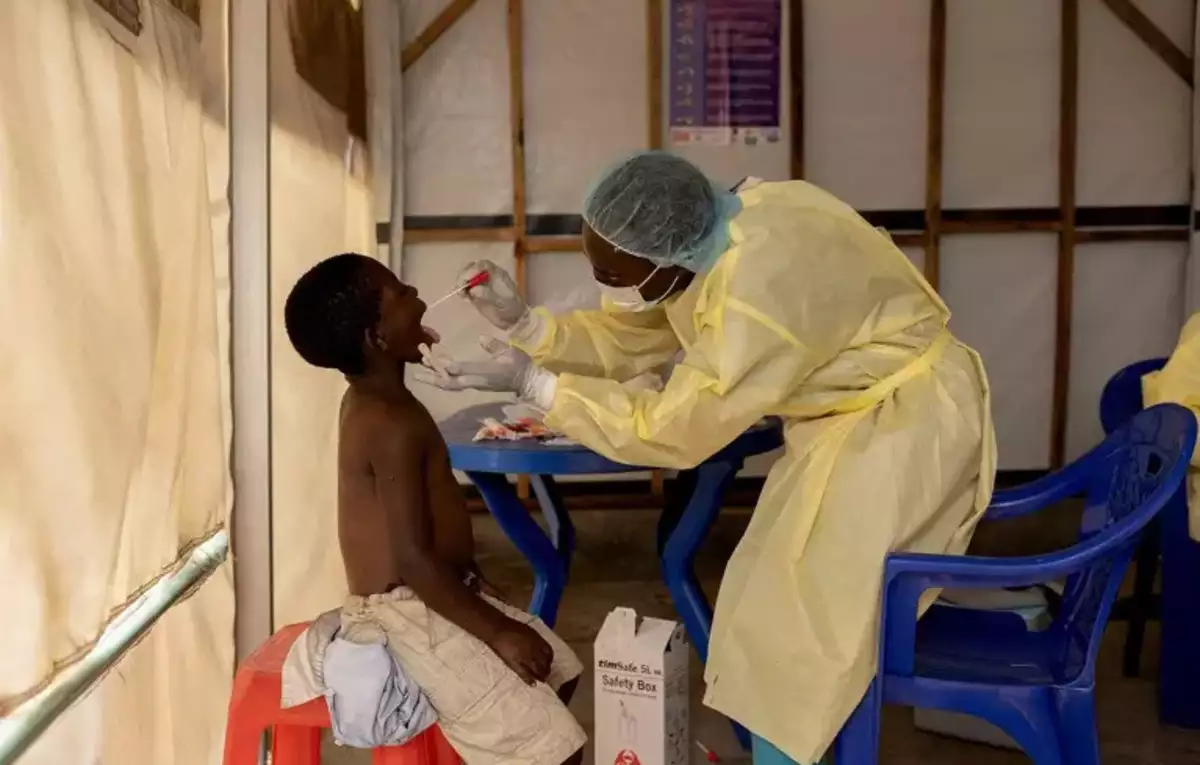The scarcity of anti-tetanus injections in pharmacies has emerged as a pressing issue, posing significant challenges for individuals injured in accidents. Medical professionals emphasize the critical importance of administering the injection within 72 hours of an injury to prevent the onset of tetanus, as bacteria can infiltrate the body through various wounds.
According to pharmaceutical manufacturers, the shortage stems from the discontinuation of production by an international company responsible for manufacturing anti-tetanus injections. This abrupt halt in production has exacerbated the scarcity, leaving pharmacies grappling with insufficient supply to meet the growing demand.
The dwindling availability of anti-tetanus injections has sparked concerns among healthcare professionals and the general public alike. Tetanus, a potentially fatal bacterial infection, can enter the body through cuts, wounds, or puncture injuries, making the timely administration of the injection essential for preventing its onset. Failure to receive prompt medical intervention increases the risk of tetanus-related complications, underscoring the urgency of addressing the shortage.
In light of the situation, individuals injured in accidents face heightened vulnerability, as access to anti-tetanus injections becomes increasingly limited. The inability to procure this essential medication within the critical window of 72 hours post-injury raises serious concerns about the potential consequences for accident victims.
While efforts are underway to mitigate the impact of the shortage, the Punjab Health Department has assured the availability of anti-tetanus injections in government hospitals. This measure aims to alleviate some of the strain on healthcare facilities and ensure that individuals in urgent need of medical intervention receive timely treatment.
However, reliance solely on government hospitals may pose logistical challenges for individuals residing in remote areas or those unable to access these facilities promptly. The accessibility of anti-tetanus injections in pharmacies plays a crucial role in ensuring equitable access to essential healthcare services, particularly for marginalized communities or individuals with limited mobility.
The shortage of anti-tetanus injections underscores the broader issue of medication supply chain disruptions, which can have far-reaching implications for public health. Addressing this challenge requires coordinated efforts between pharmaceutical manufacturers, regulatory authorities, and healthcare providers to identify alternative sources and expedite production to meet demand.
In the interim, healthcare professionals urge individuals to exercise caution and seek medical attention promptly in the event of injuries that may put them at risk of tetanus. While the shortage poses challenges, adherence to preventive measures, such as thorough wound care and seeking medical advice, can help mitigate the risk of tetanus infection.
Furthermore, stakeholders must collaborate to devise sustainable solutions to prevent future disruptions in the supply of essential medications. This entails exploring avenues for diversifying sources of supply, enhancing domestic production capacity, and implementing robust contingency plans to address unforeseen challenges in the pharmaceutical industry.
The shortage of anti-tetanus injections in pharmacies highlights the critical need for proactive measures to safeguard public health. By addressing the root causes of supply chain disruptions and fostering collaboration among stakeholders, it is possible to ensure uninterrupted access to life-saving medications and uphold the well-being of communities nationwide.



